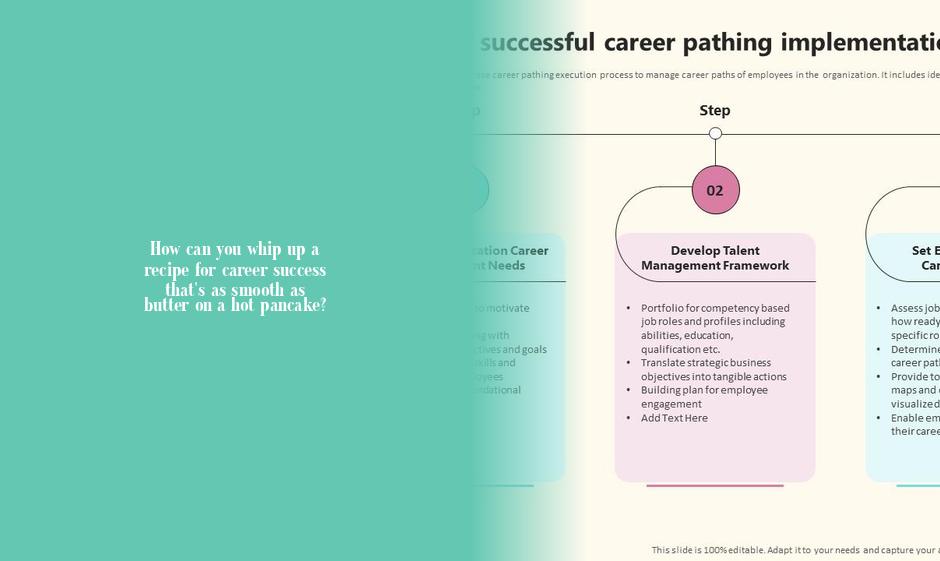How can you whip up a recipe for career success that’s as smooth as butter on a hot pancake?
If you’re pondering how to evaluate your career path, worry not – I’ve got the scoop for you! Let’s break it down into steps as smooth as butter on a hot pancake.
Firstly, set those career goals straight. Think: where do you see yourself in 5 or 10 years? It’s like setting GPS coordinates for your dream job.
Secondly, dive into the deep blue sea of your personality type. Knowing yourself is the key to finding the right career fit. Are you a lion, dolphin, or a mix between a potato and an avocado?
Next up, take a stroll down memory lane – review your past experiences. Remember that one time you aced that project solo? It’s all about recognizing your wins and areas for growth.
Then, match up job requirements with your education. No math required; just see if what you know adds up to what they need. If not, time to hit the books or webinars!
Now, onto assessing those skills of yours. Are you more of a juggler or a tightrope walker in the work circus? Identify what skills make you sparkle in the professional galaxy.
Don’t forget your interests – they’re like the sprinkles on top of your career cupcake. What flavors make your eyes light up when it comes to work tasks?
Identify those core values of yours because every career path needs its guiding stars. If honesty and humor are on top, aim for a workplace that matches your moral compass.
Lastly (but not leastly), chat with your manager or mentor for some juicy advice nuggets. They’ve been around the block and can offer fresh perspectives on why that promotion feels as distant as Pluto.
Remember, evaluating your career isn’t just about setting goals once –it’s like dancing; keep adjusting those moves to stay in tune with where life’s rhythm takes you. Stay curious and keep tweaking that recipe until you bake the perfect career path cake!
- Outline your career goals and create a five- and 10-year plan.
- Discover your personality type and assess your current skill set.
- Review your previous experience and compare job requirements to your education.
- Seek feedback from mentors or managers, and regularly evaluate and update your career development plan to ensure continual growth.

